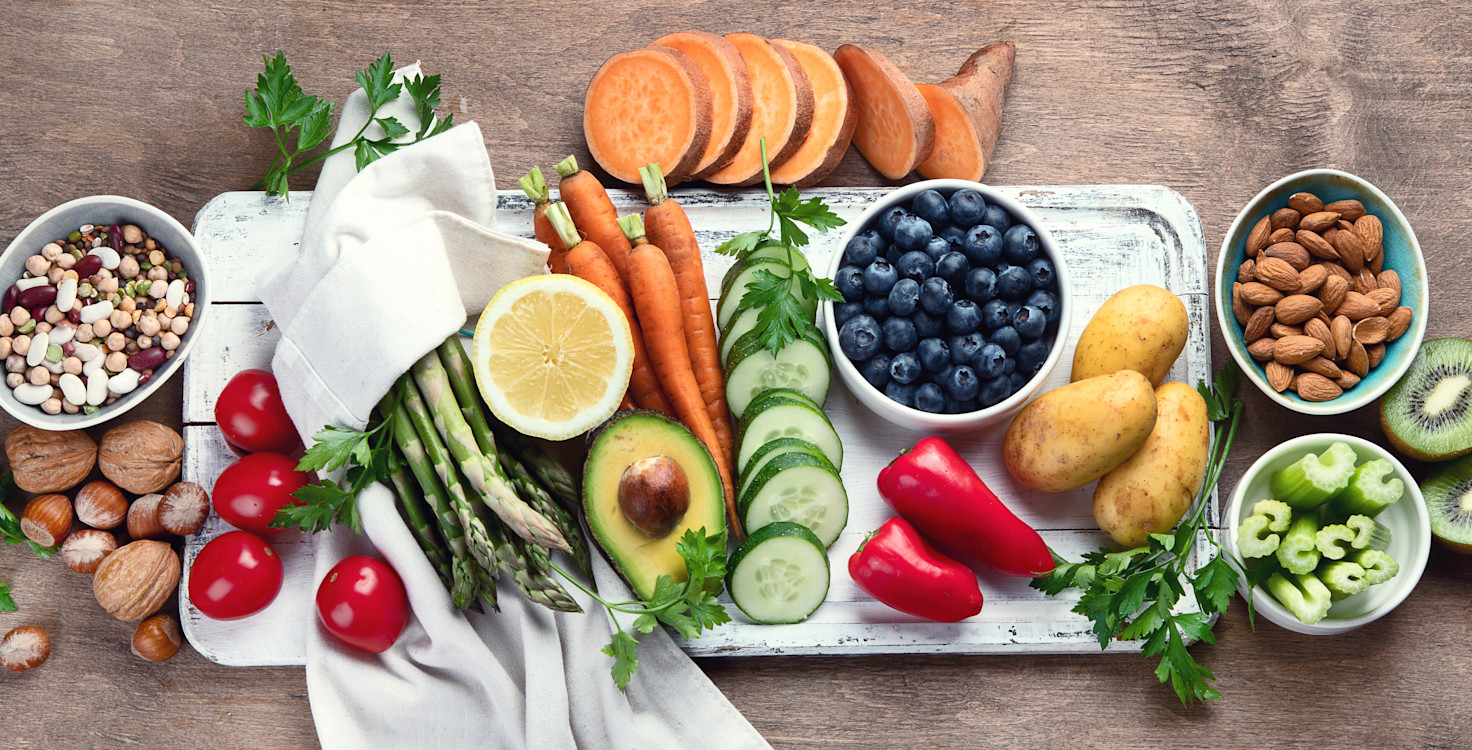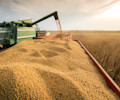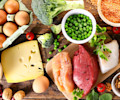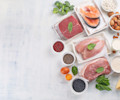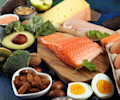FAIRR’s top news picks
Rising Costs and Price Squeeze Drive UK Dairy Farmers to Quit
The Guardian | 29 July 2023
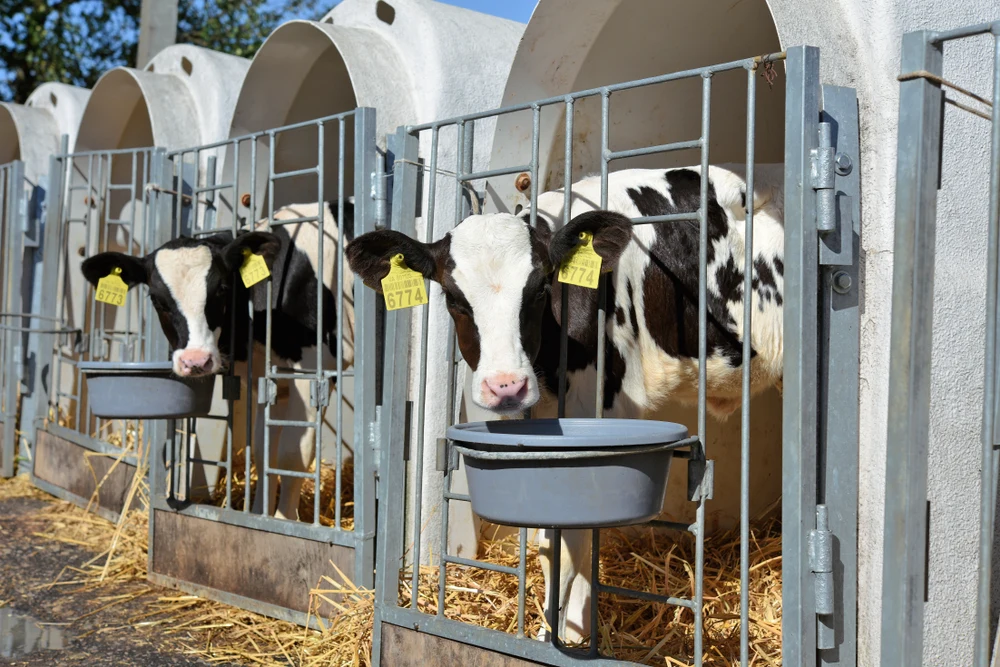
Supermarkets' milk price cuts, rising energy bills, and labour shortages are causing uncertainty for the UK dairy industry. Farmers are facing challenges in meeting their expenses, leading to an exodus from the industry, which is also affected by the impact of the war in Ukraine on energy and fertilizer costs and shifting consumer habits. Nearly 5% of dairy farmers in the industry left last year, posing a significant threat to the UK's milk self-sufficiency. The role of new government regulations is seen as crucial in mitigating risks to ensure fair and transparent supply contracts and stable prices for dairy farmers.
Beating the Heat: Advanced Tech Aids Meat Production in a Warming World
The Washington Post | 31 July 2023
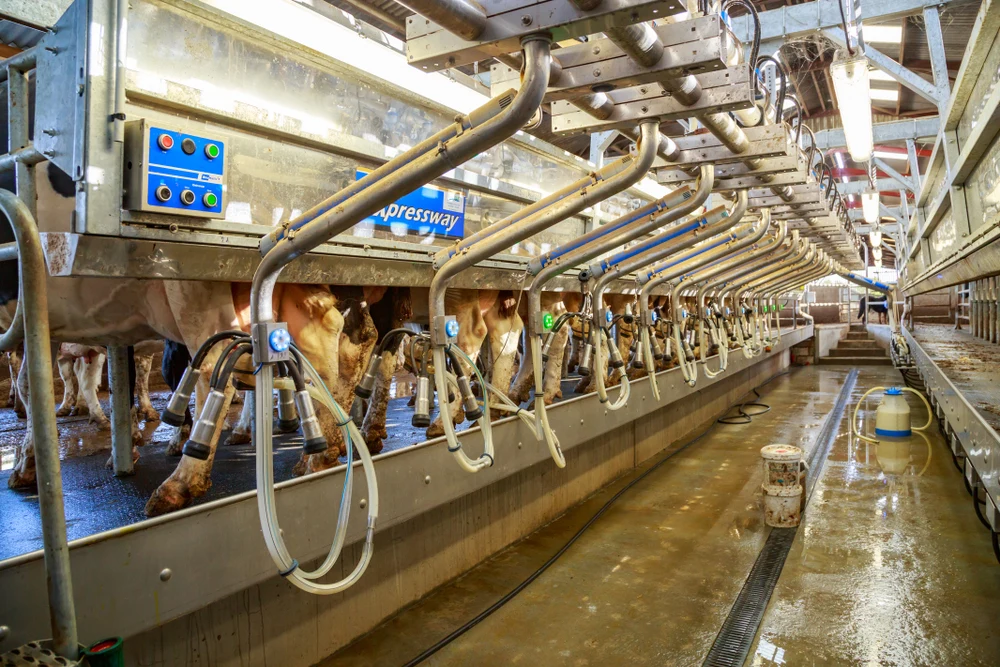
While animal agriculture contributes over a third of greenhouse gases, the industry is also highly vulnerable to rising temperatures caused by climate change. Developed countries like the US have advanced technologies to manage livestock heat stress, but developing nations lack access mainly due to their high costs. To address the environmental impact, experts suggest reducing meat and dairy consumption and leveraging technology to improve livestock agriculture efficiency. Despite the potential benefits, the financial challenges of implementing heat mitigation strategies and infrastructures, such as expensive cooling technologies, remain a concern. Cheaper solar power integration and innovative solutions like shade structures and better water supplies offer potential solutions.
Sustainable Shopping: German Store Introduces Pricing Based on Environmental Impact
Reuters | 1 August 2023
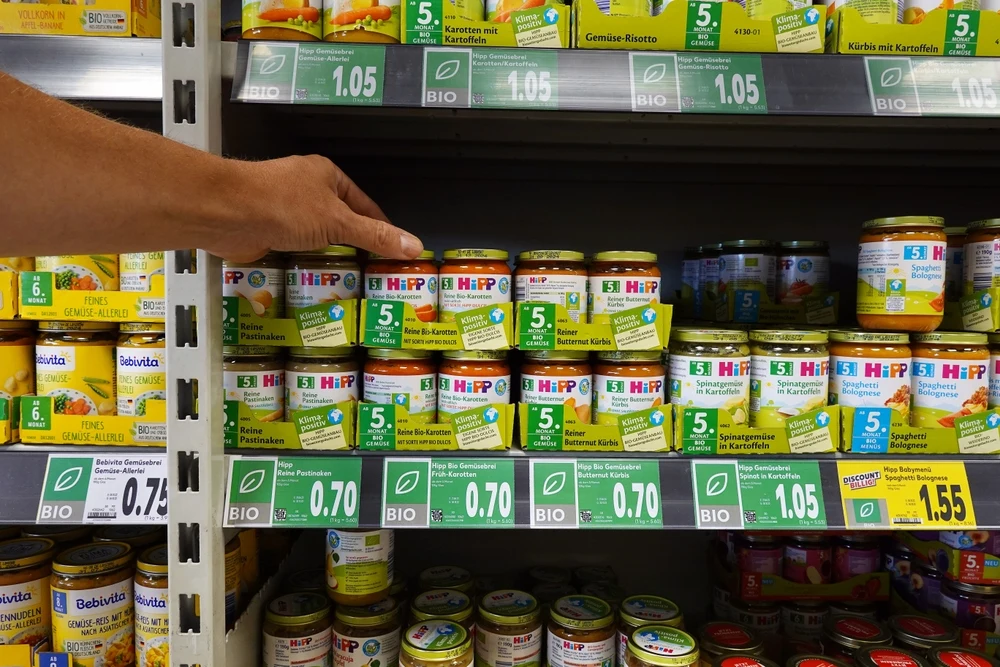
Penny, a German discount supermarket, is running a “true costs” campaign urging its shoppers to pay additional charges for select groceries to reflect the environmental impact of food production. While German households spent only 11.1% of their budget on food in 2022, much lower than the EU average (15.9%), cheap industrial-scale production comes at a high environmental cost. The campaign includes pricing that considers climate, health, soil, and water costs for specific items with the aim to raise awareness and support sustainable agriculture. Although any extra income generated will be donated to sustainable initiatives, though the campaign may face challenges due to consumers facing inflation.
Graph of the Week
Despite Declines, China Holds Title of World's Biggest Meat Importer
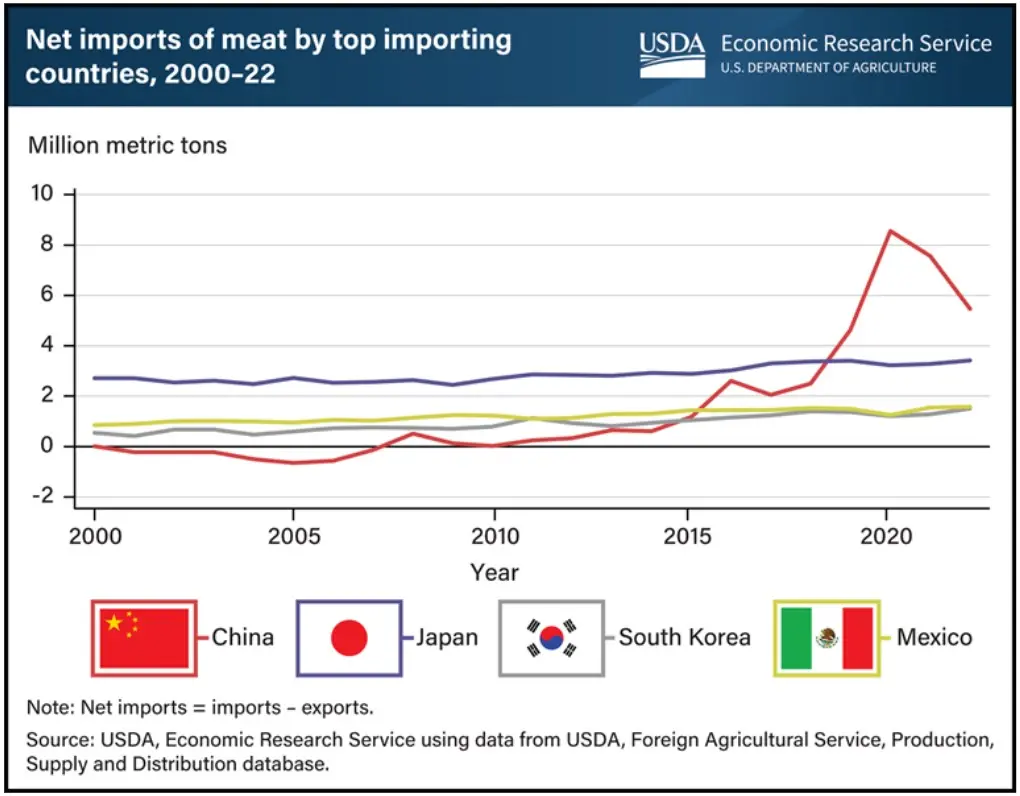
Source: USDA ERS
More Food for Thought
Record-breaking Ocean Temperatures Set New Highs | The Washington Post | Tim Meko & Dan Stillman
Milk Powder Prices Hit Three-Year Lows Amid Declining Dairy Demand | Bloomberg | Tracy Withers
FAIRR’s Protein Pulse is a weekly collection of news articles related to the food sector that may be of interest to our members. FAIRR does not necessarily endorse the views of these news articles and assumes no responsibility for any errors or inaccuracies found in third-party content.
Written by

Purva Khanna Sethi
Senior Digital Marketing Officer
Purva joined FAIRR in 2022 as the Marketing & Communications Analyst to support in various projects. She is responsible for the Direct marketing of FAIRR and also manages the website, SEO and reporting on Google Analytics.
